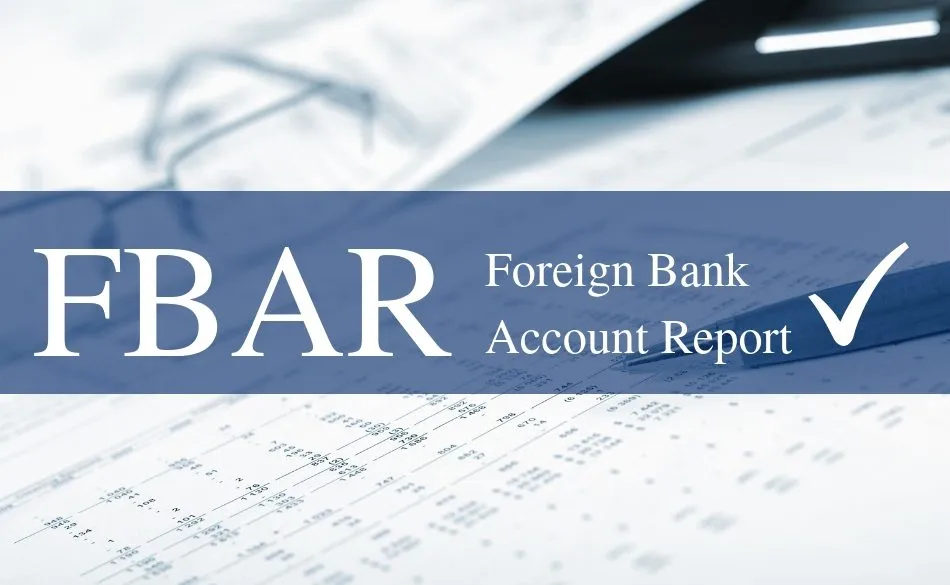 WhatsApp
WhatsApp
 Call Us
Call Us
 Email Us
Email Us
 Whatsapp Community
Whatsapp Community

Relocating to the United States from India is a major life event—personally, professionally, and financially. Amidst all the visa paperwork, travel planning, and job transition, pre-immigration tax planning often takes a backseat. However, if ignored, it can result in significant tax complications under US tax laws and India's foreign asset regulations.
At Dinesh Aarjav & Associates, we’ve advised thousands of individuals transitioning from Indian residency to US residency, and we’ve compiled a checklist of smart pre-immigration tax moves to help you avoid financial pitfalls and reduce future tax burdens.
Before moving abroad, it's critical to:
Failing to update your FATCA (Foreign Account Tax Compliance Act) status could lead to withholding of funds or even account freezing.
Under US tax laws, certain Indian investments are categorized as PFICs (Passive Foreign Investment Companies). These include:
Holding PFICs as a US tax resident triggers punitive taxation and extensive reporting under Form 8621.
Tip: Exit PFICs before becoming a US resident—even if it means paying some tax in India. The future compliance and tax burden under US laws could be far worse.
Before leaving India:
Be careful about capital gains tax in India during this rebalancing.
This strategy helps reduce your capital gains tax liability in the US when you eventually sell those investments.
To stay compliant with Indian tax authorities:
This is a crucial step that many NRIs overlook and can simplify your future tax correspondence.
Once you become a US tax resident, global interest and dividends are taxable in the US—irrespective of whether the income is received in India or abroad.
So, before you move:
This minimizes recurring taxable income in the US.
Some long-term Indian financial products may not be tax-deferred under US laws:
It’s important to consider liquidating or closing these accounts before your US move. If not, the growth may be taxed in the US, and withdrawal could lead to complex cross-border taxation.
Note: Always evaluate the tax impact in India before liquidating.
If you're a:
...these roles come with intensive reporting requirements in the US—Forms 5471, 8865, 3520-A, etc.
It’s advisable to resign or transfer ownership where possible before becoming a US tax resident. This can significantly reduce your compliance burden and avoid potential penalties.
The US tax system taxes its residents on worldwide income, and the reporting obligations for foreign accounts and assets are strict. Non-compliance can attract hefty penalties ranging from $10,000 to $100,000 or more.
By planning ahead, you:
Each individual’s financial situation is unique. Pre-immigration tax planning should be personalized, taking into account your income, assets, visa category, and long-term goals.
At Dinesh Aarjav & Associates, we offer end-to-end NRI tax advisory services, including:







Stay in the loop, subscribe to our newsletter and unlock a world of exclusive updates, insights, and offers delivered straight to your inbox.